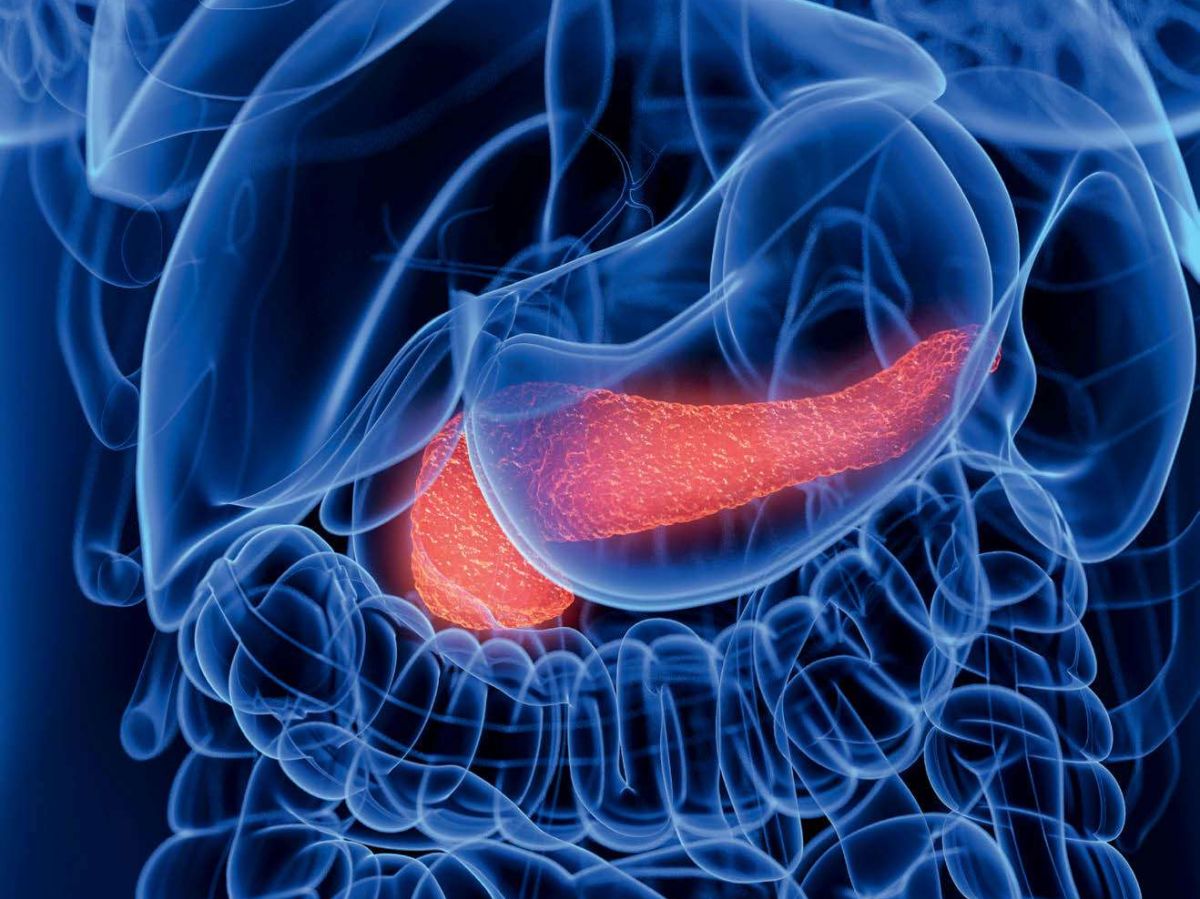In a large-scale global study, exploratory analysis finds that abacavir increases the risk of cardiovascular disease in a large-scale trial
July 23, 2024
Media Advisory
Tuesday July 23, 2020
The findings add to the body of knowledge about risk factors associated with cardiovascular disease in people living with HIV.

Transmission electron micrograph showing HIV-1 particles (teal blue) budding and replicating from part of a chronically infected H9 cell. The image was captured by the NIAID Integrated Research Center at Fort Detrick, Maryland.NIAID
What is the best way to contact you?
According to an exploratory study of a large international trial funded primarily by the National Institutes of Health and funded by abacavir as an antiretroviral (ARV), past or current use of abacavir was associated with an increased risk of serious adverse cardiovascular events. Other antiretroviral drugs included in the study did not have elevated MACE rates. These findings will be discussed at the International AIDS Conference 2024 in Munich.
In the randomized trial to prevent HIV-related vascular events (REPRIEVE), 7769 HIV-positive participants from 12 different countries were recruited. Daily use of statins to lower cholesterol was shown to be effective. Reduces the risk of serious adverse cardiovascular events such as stroke and heart attack by more than a third. The REPRIEVE team conducted statistical analyses to determine whether certain ARVs are associated with MACE in participants with low to moderate cardiovascular risk. ARVs selected for analysis included abacavir (tenofovir), zidovudine (zidovudine), stavudine, and drugs belonging to a class of protease inhibitors. They were all taken as part of multi-drug regimens.
A total of 22 % reported exposure to abacavir. 86 % had been exposed to tenofovir. 49 % had been exposed to zidovudine/stavudine. 47% of participants were taking PIs. At study entry, 13 % of participants were taking abacavir. 61 % had been taking tenofovir. 10 % were receiving zidovudine/stavudine. 26% used PIs. Investigators found that participants who had used abacavir in the past or currently had a higher risk of MACE than those who had not. Past or current ARV use had no effect on MACE risk. Similarly, administration of ARVs as part of an ARV protocol or the combination of ARVs with other drug classes had no impact on the risk of MACE.
The authors say these findings are consistent with other studies that have also found an increased risk of cardiovascular disease with abacavir. The authors suggest further research is needed to understand the elevated risk observed in this study and how it should be considered in the context of known cardiovascular risk factors such as diabetes, dyslipidemia or hypertension in HIV-positive people.
You can find more information about the REPRIEVE study on ClinicalTrials.gov by searching for the identifier. NCT02344290.
Refer to the following:
CJ Fichtenbaum The et allIn the REPRIEVE study, abacavir was associated with an elevated risk of cardiovascular events. International AIDS Conference. Friday, July 27, 2024.
What are you waiting for?
Sarah Read, MD, deputy director of the Division of AIDS at the National Institute of Allergy and Infectious Diseases (NIH), is available to discuss this research.
NIAID supports and conducts research at NIH, in the United States, and around the world to study and develop new methods for diagnosing, preventing, and treating infectious and immune-mediated diseases. On the NIAID website, you can find news releases, fact sheets, and other NIAID materials. NIAID website.
The National Institutes of Health: NIH is the medical research agency of the U.S. Department of Health and Human Services. It includes 27 institutes and centers. NIH, the National Medical Research Agency, is one of the federal agencies that conducts and supports basic, translational, and clinical medical research. It also studies the causes, treatment, and cures of common and rare diseases. Visit NIH for more information about its programs and services. www.nih.gov.
NIH…Transforming Discovery into Healthcare(r)
###

